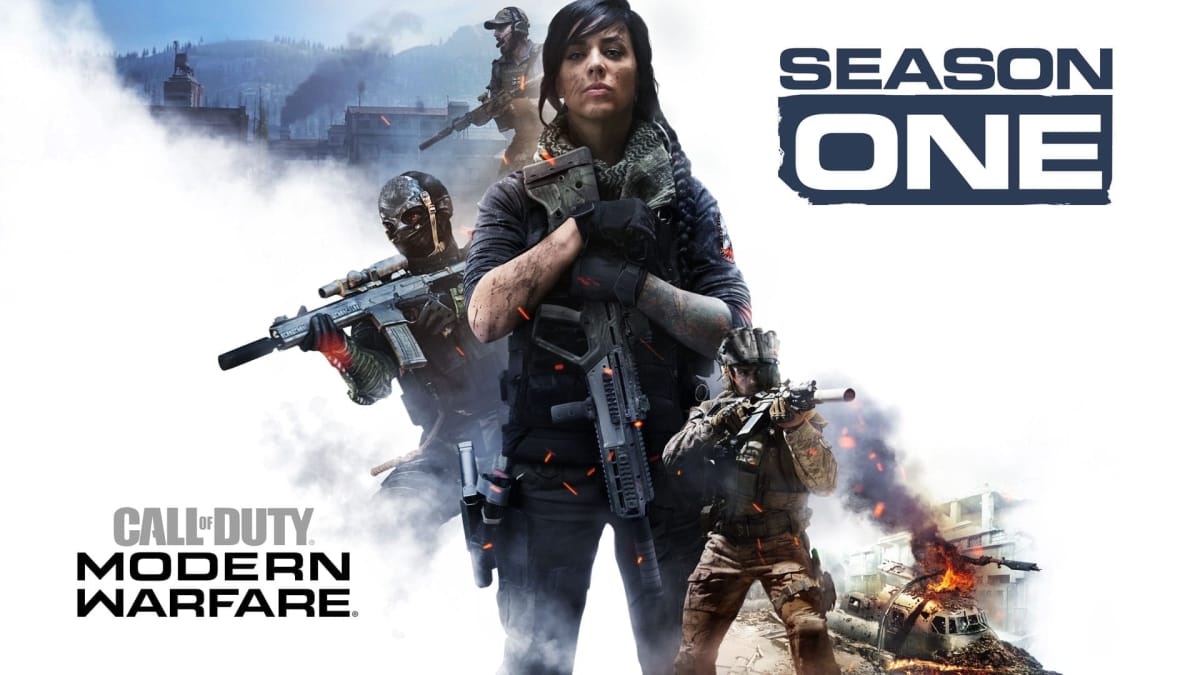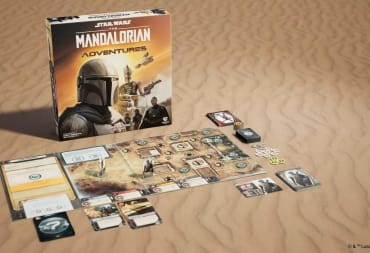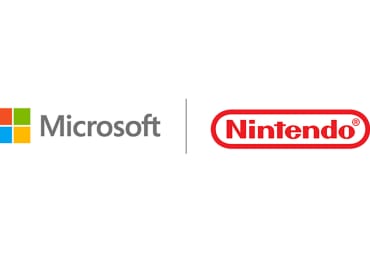Of all the things that have shaped the world of gaming, none have had a greater impact than post-release monetization. The mere existence of such a concept has made it so that a game’s quality is no longer a strictly static value. Coincidentally, it has also led to many developers and publishers showing their true colors. Some have proven to be greedy beyond belief, others a little less so. The latest, or rather most popular, form of post-release monetization is the Battle Pass. With both Call of Duty: Modern Warfare and the re-release of Halo: Reach featuring a variant of the Battle Pass system, it’s clear that every major company is rushing to implement the new face of microtransactions.
What is a Battle Pass?
Made famous by Fortnite: Battle Royale, the Battle Pass is usually a bundle of cosmetics and whatnot that you can purchase for a relatively modest price. There’s no randomization or luck-based factor like in loot boxes, so in that regard, Battle Passes are rather fair. Coincidentally, they would also bypass any loot box laws (proposed or otherwise) that exist in your respective country. However, Battle Passes don’t actually give you everything upfront. Instead, you typically have to rank up the Pass to be given the ability to access the things that you just bought. Since the Passes typically have expiration dates, it forces people to play a certain amount of time each day to get their money’s worth. Don’t have time to play? Too bad, you basically just gave some corporation free money in the most literal possible way.
In some ways, Battle Passes are a little dystopian as you’re not paying for a product and receiving the product. Instead, you’re paying for the privilege of slowly receiving a product that you technically already bought. It would be like if you were to go to a supermarket to buy food, but you had to watch advertisements for the stuff you just bought to be able to receive the food. As one can imagine, there’s more than enough potential for abuse. Perhaps not as great as the inherent dangers of loot boxes, yet not exactly innocuous.
Of course, some will point out that the structured nature of Battle Passes is not too different from traditional leveling mechanics. The re-release of Halo: Reach is proof enough of this. Though the game has a Battle Pass system, it is free, and you can get a fair amount of XP through normal gameplay. The post-match XP breakdown is quite transparent, too, so it's never a mystery as to how XP is distributed. As far as I can be told, there’s no expiration date either, but if that’s the case, it is a little odd that the cosmetics are categorized by Seasons. Plus, you can’t buy unlock tokens, so in that sense, it is a little misleading to say that Reach has a Battle Pass.
Has the Battle Pass Become Pervasive

On the flip side is Call of Duty: Modern Warfare’s Battle Pass. In the broadest sense of the word, Modern Warfare’s Battle Pass is free, or at least the parts of it that affect gameplay balance. To access the cosmetics, you will have to buy the Battle Pass itself. Then grind for a minimum of two hours a day for 60 days because once it expires, no one knows where all that stuff is going to go. For most people, though, it shouldn't be too much of a struggle to unlock the guns that are included in the Battle Pass. An hour or two each day for a couple of weeks should suffice if you only want the guns. Alternatively, you could spend more money to unlock tokens. Coincidentally, some cosmetic character packs also include unlocking tokens.
And thus, the true nature of Battle Passes is revealed. It is highly likely that companies are aware of the fact that you can’t create whales or people who spend excessive amounts of money on microtransactions through Battle Passes alone. Battle Passes are, by nature, one-time purchases, after all. But if you make the grind to unlock items in the Pass just long enough and the expiration date just fast enough that spending a little bit of money to speed things up, you can make otherwise terrible deals seem more enticing. In a sense, the target audience for Battle Passes, in particular, is shifting away from those who are vulnerable to gambling. Instead, those who don’t have a lot of time but a lot of disposable income and those who want instant gratification and have an intense desire to show off are the new cash cows waiting to be milked.
What Does the Future Hold for Battle Passes?
For now, it is inevitable that people will defend Battle Passes purely because they’re not as blatantly exploitative as loot boxes are. Companies have evidently also figured out that it’s way easier to market Battle Passes as having tons of free content (i.e., any of Call of Duty: Modern Warfare’s Season One ad) even if it’s going to be drip-fed over the span of months. There is no doubt that Battle Passes will become more and more nefarious over time, though. While loot boxes are dangerous, they rely on specific drop rates, and drop rates can only go so low. Battle Passes, on the other hand, can be tweaked in all sorts of ways, from leveling requirements to purchasable unlocks to who knows what else. We are just seeing the start of mass adoption of a new form of post-launch monetization. Where this road will lead is anyone’s guess.
Have a tip, or want to point out something we missed? Leave a Comment or e-mail us at tips@techraptor.net













